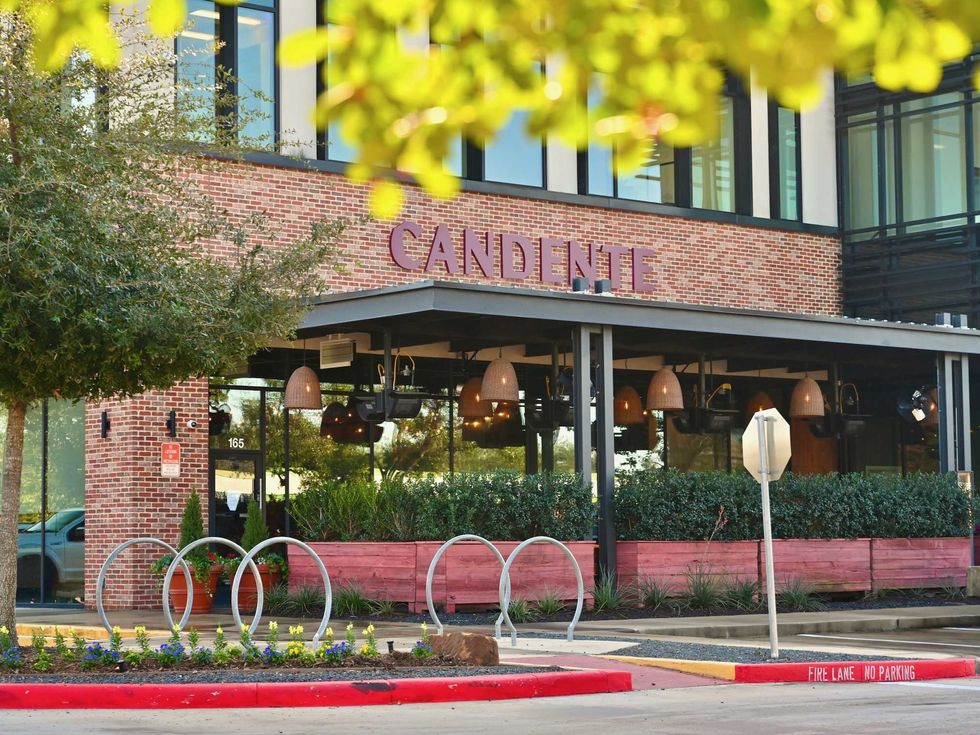Brew News
New study says craft beer could have $5.6 billion economic impact on Texas iflaws are changed
We pride ourselves on having a free market economy where supply and demand are the only regulators of prices and trade, but that’s not actually the case — especially when it comes to craft beer in Texas.
An economic study commissioned by the Texas Craft Brewers Guild says that the craft beer industry, while booming, is artificially hindered by restrictive laws.
According to the study, Texas craft brewers, both in brew pubs and breweries, had an economic impact of $608 million on the state in 2011. While that sounds like a ton of cash — and it is a big impact — it could be bigger. The study estimates that the craft brew industry’s economic impact for Texas could be as much as $5.6 billion a year with an addition of 52,000 new jobs by 2020, if legislation is created to support it.
"Craft beer is a growing part of the economy and it could grow more. We are constrained right now. We don’t have the same rights that wineries or other out-of-state breweries enjoy."
That’s an optimistic estimate that requires a long-winded explanation of the equation for economic impact. The number is a combination of direct impact (the actual sales of the beer and wages calculated at $221.6 million), indirect impact (the money and wages made through related industries dependent on beer money calculated at $173.9 million) and induced impact (an extrapolation of the cash from direct and indirect money calculated at $212.6 million). Phew.
Lately, demand for craft beer around the country, and in Texas particularly, has been stout. The number of breweries and brew pubs in the state has increased exponentially in recent years with 78 actively licensed brewers in 2011 up from 52 the year before, and another 61 licensed brewers in planning. Sales increased 13 percent in 2011 over the previous year, and the amount of beer brewed jumped 46 percent.
Many of the brewers around the state say they are doing everything they can just to make enough beer to satisfy thirsty Texans. To remedy the shortage, 92 percent of the study’s survey respondents said they would invest in expanding their production if the Texas Alcoholic Beverage Code (TABC) were changed to lift restrictions on market access.
The estimated economic growth prediction is predicated on continued growth in the industry as well as a change in current laws.
“In other states, brewers can sell their packaged goods directly to consumers through tasting rooms... brew pubs can sell beer off premises, at festivals, for instance, and as packaged goods in retail stores, not just at their brew pub location,” says University of Texas-San Antonio Economics professor Scott Metzger, who authored the study. “These sales opportunities are lost for Texas craft brewers — and they add up.”
“If regulations were to change, the entire craft beer environment in Texas would change for the better. We would see a drastic increase in revenue, and subsequently tax revenue, from our tap room sales. These sales are taxed at a higher rate than our wholesale sales through our distributor. With the ability to sell our beer in our tap room we could generate more revenue for our business as well as for the state,” says Josh Hare, brewer and founder of Austin's Hops & Grain Brewing.
Ron Extract, managing partner at Austin's Jester King Craft Brewery, agrees. “Craft beer is a growing part of the economy and it could grow more. We are constrained right now. We don’t have the same rights that wineries or other out-of-state breweries enjoy. The growth is hampered by the current laws. The chances of a new brewery succeeding are much, much lower in the current climate.”
Efforts to address the laws are underway and there is hope that constraints will be removed during the next legislative session. In addition to active lobbying by brewers, consumer group Open the Taps is working to change the state’s legislative and regulatory process.
It will be a tough battle in light of the failure of similar legislation in Texas last year, but the community is hopeful that beer drinkers will join the cause.
“If you want to see a better economic climate for Texas craft beer, you should reach out to your legislators and weigh in on the law," says Extract. "The legislators need to hear from their constituents that we want to see things change."





